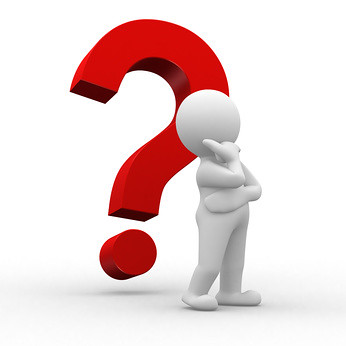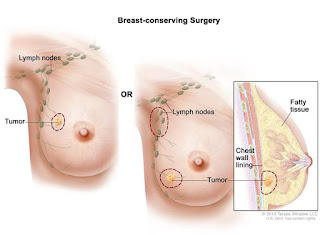Top 10 Myths of Breast Cancer

Myth 1. Only women with family history will get breast cancer
FALSE!
More than 75% of women with breast cancer have no
family history of breast cancer.
The
risk for developing breast cancer does increase with increasing numbers of
affected first-degree relatives (such as a mother, sister, or daughter) compared
with women who have no affected relatives.
BRCA
1 and BRCA 2 mutations are found in about 5-10 percent of all breast
cancer cases. Having the mutation put the women at higher risk of breast cancer
but not mandatory.
A family history is one risk factor. But a risk factor doesn't cause cancer, it just affects your chance of getting cancer. Other risk factors for breast cancer include getting older, benign breast diseases with atypia, high breast density, and previous exposure to ionizing radiation, having children late in life or not at all, longer exposure to estrogen and progesterone, lack of exercise, and excessive alcohol consumption.
Myth 2. Men don't get breast cancer
FALSE!
While
less than 1% of new breast cancer diagnoses occur among men, it is still a
possibility for men to develop the disease. For males, the lifetime risk of
getting breast cancer is about 1 in 1000.
Myth 3. Removing the entire breast is safer than just
removing the cancerous lump
FALSE!
Mastectomy (complete breast removal) is usually not
more effective than just removing the cancerous lump (breast conserving
surgery). There are issues with both treatments, and patients need to be
informed to make the right decision for them.
Clinical trials have shown that
mastectomy and breast conserving surgery with radiation offer the same survival.
Myth 4. Everyone's breast cancer is the same
FALSE!
There are many sub-types of breast cancer and the
treatment requirement is different.
The treatment of breast cancer
depends on the stage of disease, size and grade of the tumour, is there lymph
node involvement, hormone receptor positive or negative, Her2/neu positive or
negative. The patient’s age and medical fitness are also part of the
consideration.
FALSE.
Only a
small percentage of breast lumps turn out to be cancer. But if you
discover a persistent lump in your breast or any changes in the breast, an
early consultation with doctor is recommended.



Comments
Post a Comment